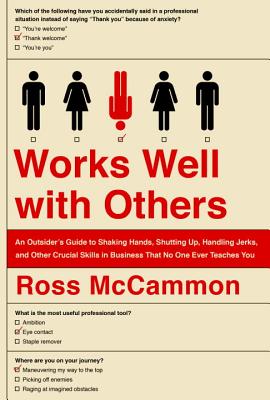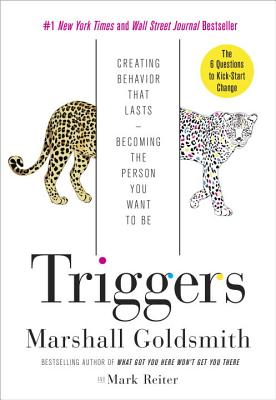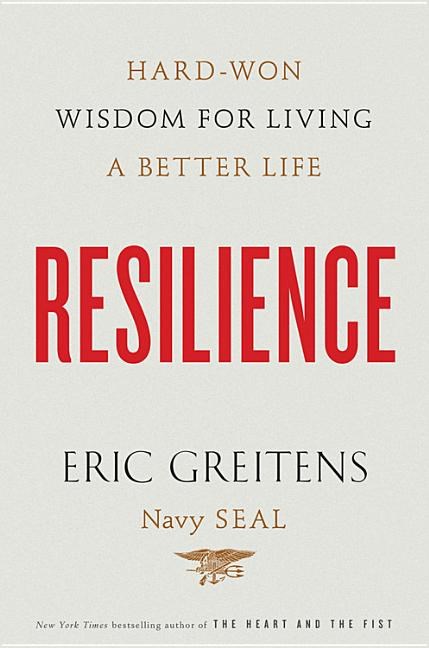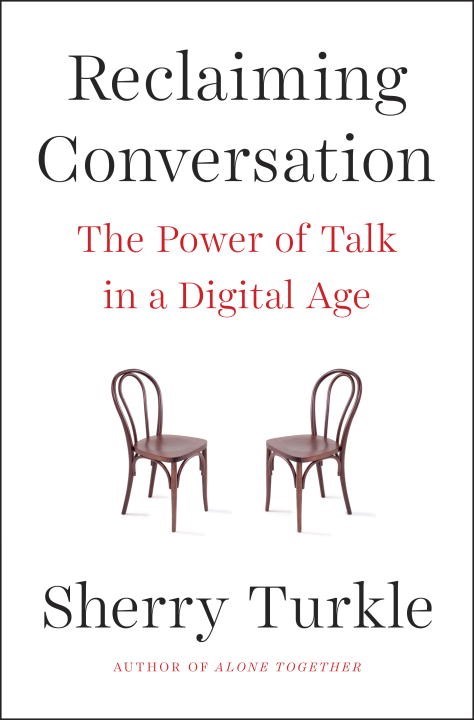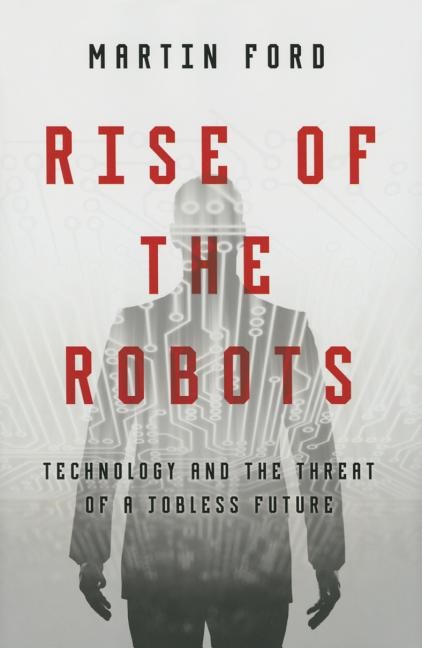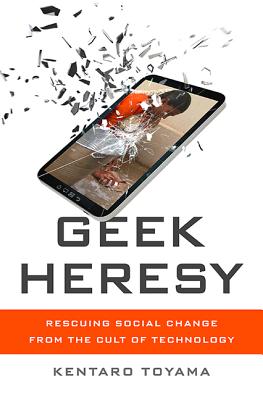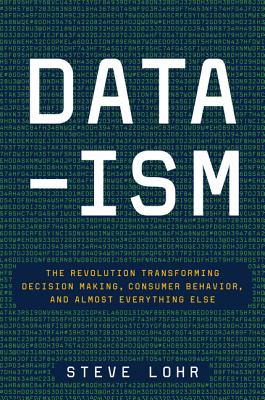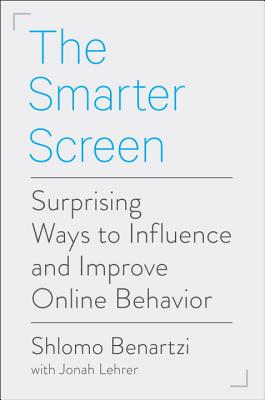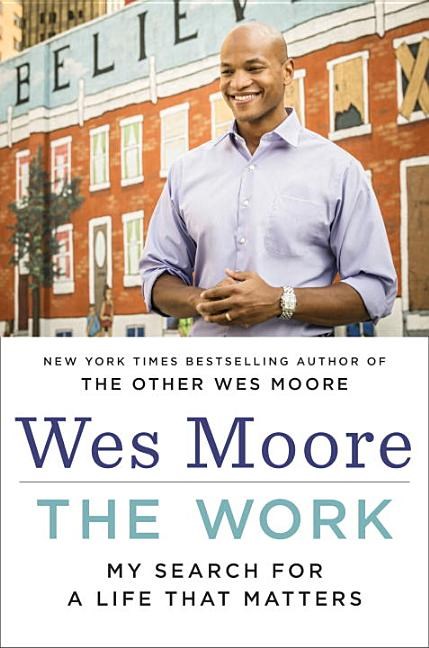Inside the Longlist: Personal Development
November 25, 2015
Our Head of Sales and Author Services, Aaron Schleicher, dives into the Personal Development category and the best books of 2015.
In an ongoing effort to make myself a better sales professional at 800-CEO-READ, the sales and marketing books aren’t always the first books I turn to for practical help. Often times the personal development category offers insight into bigger picture ideas that other strategy books simply don’t provide. Part of being the head of sales and author services involves spending as much time as I can talking to people, just trying to form an important lasting relationship—listening to their stories, trying to help with their problems, and often helping people cope with simple, everyday struggles. So, as I try to work on becoming a better listener, confidant, and advisor, the stories I find in personal development books are exactly what I need to get better at facing, and helping others with, the struggles in business and in life.
This year it was an exceedingly daunting task to take my initial pile of 55 books and whittle it down to the 5 books that I thought were the most impactful. There were books that we loved and gave love to on the editorial site, authors we love working with, and books that had completely flown under our radar for one reason or another that ended up making their way to the top of my piles. The following are the 5 books in the personal development category that rose to the top of those piles.

Works Well With Others: An Outsider's Guide to Shaking Hands, Shutting Up, Handling Jerks, and Other Crucial Skills in Business That No One Ever Teaches You by Ross McCammon, Dutton Books
In work and life, we have a tendency to take ourselves too seriously, and not allow the room for laughter to provide the calming influence we need to get through most days. Getting through some days in an office environment with a wide variety of personality types and communication styles can be a pretty challenging task. Ross McCammon, in a funny and insightful way, helps provide insight into any number of scenarios that present challenges in the modern workplace. Whether it be your aversion to meetings, not knowing how to act at work parties, or what to or not to do while drinking after work with colleagues, Ross takes the reader on a hilarious roller coaster ride that leaves you with an incredible amount of practical advice on how to tackle the most obscure obstructions in your way. Here is just a brief tip on how to make a successful pitch:
A successful pitch requires belief, brevity, and enough enthusiasm to pique interest but not so much that you turn that interest into concern for your emotional well-being. If you believe in what you’re saying, then the rest is easy. Because if you believe-like, really believe-then all you have to do is talk.
Triggers: Creating Behavior That Lasts—Becoming the Person You Want to Be by Marshall Goldsmith, Crown Business
Full disclosure: our staff always looks forward to this time of year, knowing we can expect the Goldsmith Christmas card in the mail. But we are even more expectant of those years and times Marshall has a new book coming out, and this year’s didn’t disappoint. Goldsmith teaches us that there are environmental and psychological triggers that derail us all at work and in life, and shows us how we can overcome those trigger points, and even use them to our advantage by making a conscious choice on how we respond to these challenges. Because, even though we may all think we are good at dealing with difficult challenges in the workplace, sometimes our intentions go awry. Triggers demonstrates how this occurs, and is full of questions that we can all ask ourselves to take more responsibility for and control of our daily efforts. It also shows the limitations of our psychology, and helps us decide when and how to pick our daily battles:
We can’t eliminate confirmation bias in others or, for that matter, in ourselves. But we should avoid its more pernicious forms. Of all the pointless debates we can get trapped in, the worst is when facts and beliefs commingle. It never ends well. Whether the subject is climate change or the life span of unicorns, when you cite demonstrable facts to counter another person’s belief, a phenomenon that researchers call “the backfire effect” takes over. Your brilliant marshaling of data not only fails to persuade the believer, it backfires and strengthens his or her belief.
Resilience: Hard-Won Wisdom for Living a Better Life by Eric Greitens, Houghton Mifflin Harcourt
My grandfather was a member of the 101st Airborne that stormed Normandy, parachuting in under the cloak of night before D-day. My father was in the Army, as well, stationed in Korea during the Vietnam War. So I’ve grown up with an appreciation and curiosity about the United States Armed Forces, and it was great to see a book that I’d previously missed from a man that I’ve come to admire as a human being and writer, Eric Greitens, entered in an awards category I oversee. Greitens, a Navy Seal, noprofit leader, and Rhodes Scholar, shares the story of his former SEAL comrade Zach Walker’s return home from war, and his painstaking struggle to reacclimate to civilian life. It is a struggle that almost all of us know exists, and many of us try to help support. Through this story we are reminded of the pain we all face, the difficulty and doubt that comes along in every life. Greitens helps put it in all in focus, shows us that we all have the tools to take control of our lives at any time, and provides these lessons and solutions with extraordinary wisdom, passion, and compassion, showing us how to increase these qualities in ourselves at the same time:
Every time we make a choice to confront our fear, our character evolves and we become more courageous. Every time we make a choice to move through pain to pursue a purpose larger than ourselves, our character evolves and we become wiser. Every time we make a choice to move through suffering, our character evolves and we become stronger. Over time, through a process of daily choices, we find that we’ve built courage, strength and wisdom. We’ve changed who we are and how we can be of service to the people around us.
Reclaiming Conversation: The Power of Talk in a Digital Age by Sherry Turkle, The Penguin Press
Each year we’re discussing the book awards, we see a few trends that rise above the norms of each category that begin to represent an overarching trend. With longlist inclusions of The Rise of the Robots, Geek Heresy, Data-ism, The Smarter Screen, and Reclaiming Conversation, we are seeing a continuing trend of books exploring incursion of digital technology in our everyday work and interactions, and an examination of its repercussions. How often do we hear our own loved one’s voices, when we only need to send them a text from our closest device. When is the last time an intimate dinner didn’t involve taking a picture of your meal and posting it to your 2000 Twitter followers. Sherry Turkle has been studying digital culture and communication for more than 30 years, and in this book investigates a troubling concern that real human conversations, solitude, and self reflection are endangered by digital technology (and provides principles for overcoming that danger):
Self reflection makes us vulnerable. That’s why its traditions so often includes ways of protecting one’s privacy (we lock and hide our diaries) and confidentiality (as in relationships with a therapist or a clergyman). Social media encourage us to play by another set of rules. You share as you reflect; you reflect as you share. And the companies that provide the platforms for all of this get to see and keep it all. Privacy, loosely defined as freedom from being observed, is gone. At what cost?
The Work: My Search for a Life That Matters by Wes Moore, Spiegel & Grau
Living in a city that consistently ranks as one of the most segregated in America year after year, with lines of poverty largely aligned with those lines of segregation, and witnessing our urban educational institutions being stripped of resources and other economic challenges being imposed on the city in recent years, we see how difficult it can be for young, poor children to rise out of often desperate circumstances and find any sort of purpose or calling in life. But outside of the unfair politics and often heavy handed challenges that are so often a part of and imposed on poor American neighborhoods, books like the The Work by Wes Moore remind us all that the “American Dream” isn’t just a figment of imagination, but a reality that can be created with determination and hard work in any circumstance. Moore tells his own story of being raised poor, and the support staff and influences that took him from that struggle to becoming a soldier fighting in Afghanistan, to becoming one of the most important young voices and leaders of his generation.
When we run to the thing we fear, the problem that keeps us up at night, sometimes we find the work we were meant to do all along. When it comes to race in America, I hope that one day we, as individuals and as a country, run right into that scary place and free ourselves of its burden at last.
A pretty fitting statement, and one that shows how personal development and societal improvement (including business improvement) are a constant back-and-forth, feeding off of and building upon each other in a constantly symbiotic way.


